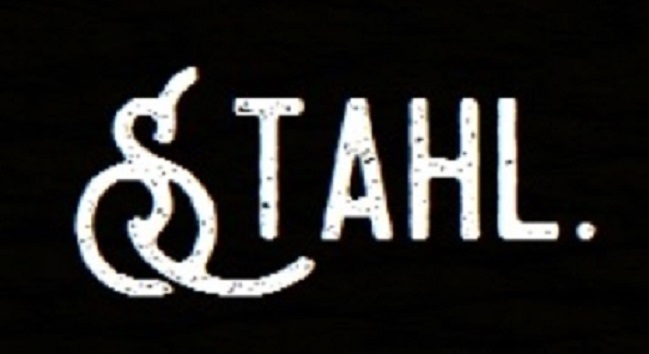In the last few days, I had quite some intense exchanges with crucial agents in the Styrian metal scene, which I am researching in my project. When reflecting upon how these members of the local scene have constructed their community over now more than fourty years, I realized how diverse their multiple scene roles have been throughout their scene biographies. Many of them have acted as ‘multi-role agents’ in the scene.
In a single person, they have combined and integrated meaningfully their scene roles as – for instance – musicians, journalists, fans, concert organizers, peers, and so on; usually various scene identites in a single person. Looking at the already dense discourse on scene research, most of all on the early periods and founding scenarios of scene, this finding comes as no suprise.1 From this research we know very well that metal scenes usually grow out of a DIY ethos but strive intensively for professionalization (whatever it might mean to be a professional metalhead).
From this finding follow crucial conceptual and emprical implications for the oral history research I am doing on the history of the Styrian metal scene since 1980 (most of all I deal with matters of the scene’s ethics, its values and scene laws, and then how these norm-related aspects depend on global metal’s attitude to law). If one assumes that the crucial agents of the scene – for example in the founding period in the 1980s – have been such ‘multi-role agents’ then they also must have been equally multifaceted in respect of developing their scene community ethics. The values they attached to their ermerging community were the values of musicians, fans, organizes, entrepreneurs – in many cases all in a single actor. This is key to keep in mind when leading oral history interviews.
Just to mention a few important titles, see the case studies in: Jeremy Wallach e.a. (eds.): Metal Rules the Globe: Heavy Metal Music arount the World, Durham, NC: Duke University Press, 2011; Anna-Katharina Höpflinger/Florian Heesch (eds.), Methoden der Heavy Metal-Forschung: Interdisziplinäre Zugänge, Münster and New York, Waxmann: 2014; Andy R, Brown e.a. (eds.), Gobal Metal Music and Culture: Current Directions in Metal Studies, London e.a.: Routledge, 2016. ↩


